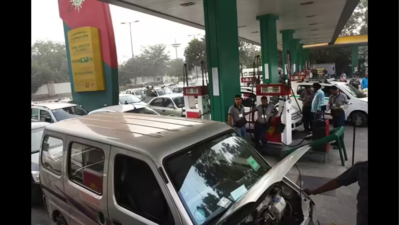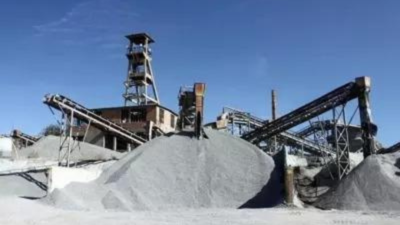New gas pipeline tariff norms to reduce costs for CNG companies

NEW DELHI: The Petroleum and Natural Gas Regulatory Board has revised the pipeline tariff norms with the aim of reducing wheeling cost for city gas service companies and expanding access to cleaner fuel in underserved areas.The revised norms have rationalised the tariff zones, which are based on wheeling distance, to two from three that existed till now. The Zone 1 tariff, which is lower than other zones, has been made applicable to all CNG and PNG projects throughout the country, no matter how far away they are from gas source.This is expected to reduce transportation cost for city gas projects, which in the earlier system increased in line with their distance from the source of gas and come as a booster for IGL, MGL, Adani-Total and Torrent and other companies in the CNG and PNG business. Higher transportation cost for gas was seen as an impediment in expansion of CNG and PNG services in cities located far from the trunk pipelines.But under the new norms, city gas service companies will have to procure 75% of the gas they need to run their CNG or PNG business through term contracts of three or more years. This is expected to lower procurement risks, reduce transaction costs and ultimately result in more predictable and affordable tariffs for consumers and investors alike.The regulator has also introduced a ‘Pipeline Development Reserve’ that will be funded by utilising earnings from pipeline entities that exceed 75% utilisation benchmarks. About 50% of these net-of-tax earnings will be reinvested into infrastructure development, while the remaining 50% will be passed on to consumers through tariff adjustments, creating a performance-linked, self-sustaining model for growth.





